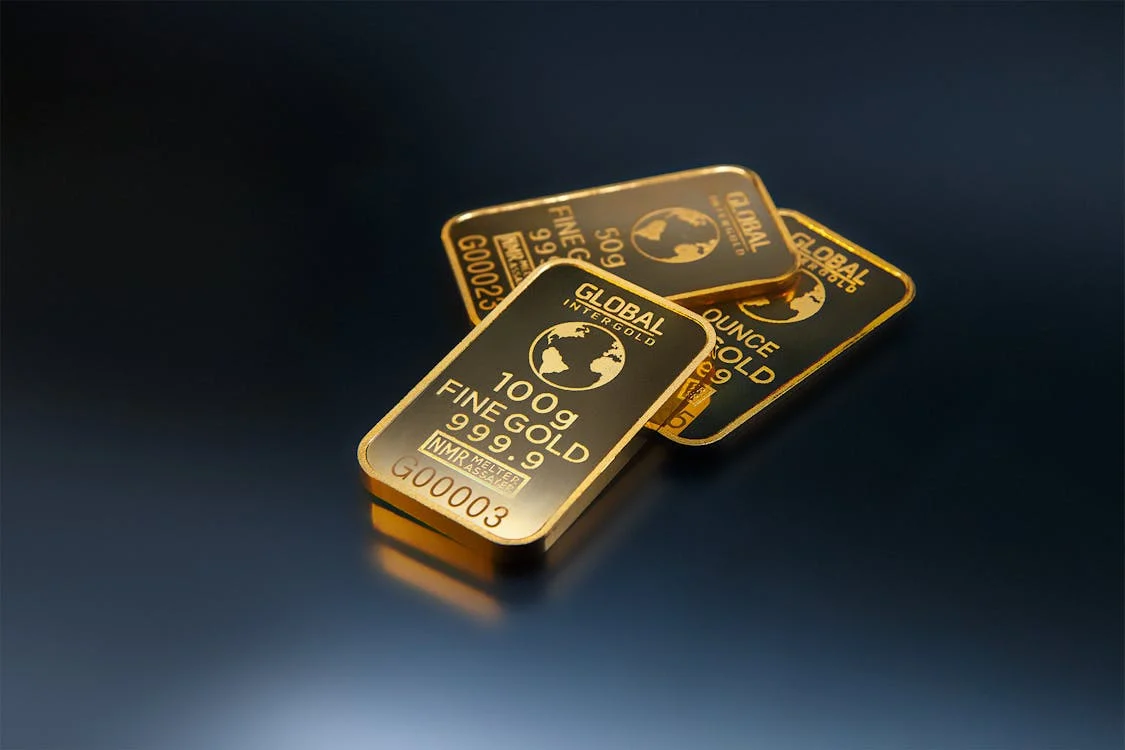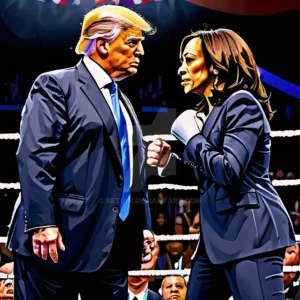Unexpectedly, news of Iran’s military activities against Israel caused a 1% surge in gold prices. Commodities like gold, which are typically seen as safe havens during times of unpredictability, may be fast impacted by geopolitical tensions, as this increase shows. The article’s focus is on the market’s reaction to the tragedy and its long-term effects on investors.
The Immediate Impact on Gold Prices
Investors rushed to hedge their bets against possible global unrest as word of the incident spread, sending gold futures soaring. As speculators sought solace from the uncertainty in the Middle East, gold prices soared to heights not seen in previous months within hours. Gold prices tend to surge during times of global unrest, according to historical statistics. This is because investors see gold as a safe haven for their money.
Historical Context of Gold and Geopolitical Events
Historical examples of how geopolitical tensions have affected gold prices are crucial to comprehending the present market dynamics. Take gold as an example; its price went through the roof in 2019 due to the tensions between the US and Iran. Similarly, when major wars break out or militaries step up their efforts in strategic locations, investors typically flock to gold as a safe haven. In a world when international crises may affect the stock market instantly, this trend has becoming more predictable.
Investor Sentiment and Market Psychology
Commodity market dynamics are very sensitive to investor mood. A tidal wave of unpredictability and panic washed across financial markets after the attack on Israel. During periods of market volatility, investors are psychologically driven to seek for assets that they perceive as more stable. Those who wanted to safeguard their money turned to gold, which has a long history of being a symbol of security. A change in attitude like this might cause a surge in demand, which in turn can push prices up.
The Role of Central Banks and Monetary Policy
During times of geopolitical unrest, central banks can have a disproportionately large impact on gold prices. The allure of gold might be further affected if central banks respond to escalating tensions by adjusting their monetary policies. Central banks may use quantitative easing or interest rate cuts if, for example, geopolitical tensions cause economic sanctions or heightened currency market volatility. As a result, gold becomes a more appealing investment alternative and fiat currencies lose value.
Broader Market Reactions: Stocks and Currencies
Iranian policy has far-reaching consequences, influencing not only the gold market but also stock markets and currencies throughout the world. As investors reassessed their holdings in the face of intensifying tensions, major stock indices went through swings. Volatility was usually highest in energy and defense, two industries very affected by global politics. As a countermeasure, investors sought stability and the safe-haven currencies, such as the Swiss franc and the US dollar, rose. The intricate network of responses set off by geopolitical events is highlighted by the interdependence of markets.
Diversification Strategies for Investors
Investors should think about diversification plans in light of recent events. There is danger in putting all of one’s eggs in one commodities basket, even if gold is still a popular safe-haven asset. To spread out their risk during uncertain times, investors can look at several assets including bonds, precious metals, and equities. A diversified portfolio can help mitigate the risk associated with global crises.
The Future of Gold Prices: What to Watch
Looking ahead, a number of things will determine where gold prices go. Gold prices may remain under upward pressure as long as Middle Eastern geopolitical issues persist. Central bank policies and inflation rates are two economic indicators that investors should keep an eye on since they may have a significant impact on the market as a whole. How these factors combine in the next several weeks and months will determine the final path of gold prices.
Conclusion
A clear illustration of the market’s susceptibility to geopolitical events is the recent increase in gold prices, which followed Iran’s attack on Israel. Recognizing the subtleties of market behavior is essential for investors navigating this unpredictable world. During times of unrest, people will be drawn to gold due to its reputation as a secure refuge. The best way for investors to weather the geopolitical storm is to be aware and adopt diverse investing methods.
In summary, investors’ behaviors during times of crisis are consistent with the market’s rapid reactions, which may appear spectacular. The key to success in today’s volatile market is, as always, to be alert and flexible.
FAQs on Gold and Geopolitical Tensions
Will gold go up due to the Israel war?
Yes, gold prices are expected to rise due to the Israel war as investors seek safe havens amid instability.
What happens to gold if we go to war?
Gold typically increases in value during war, as demand rises from investors looking for stability.
Should I buy gold during war?
Buying gold can be wise during war for risk hedging, but consider diversifying your investments for better security.




